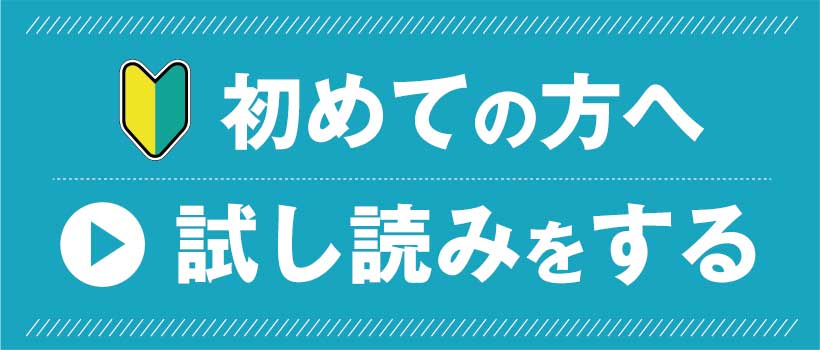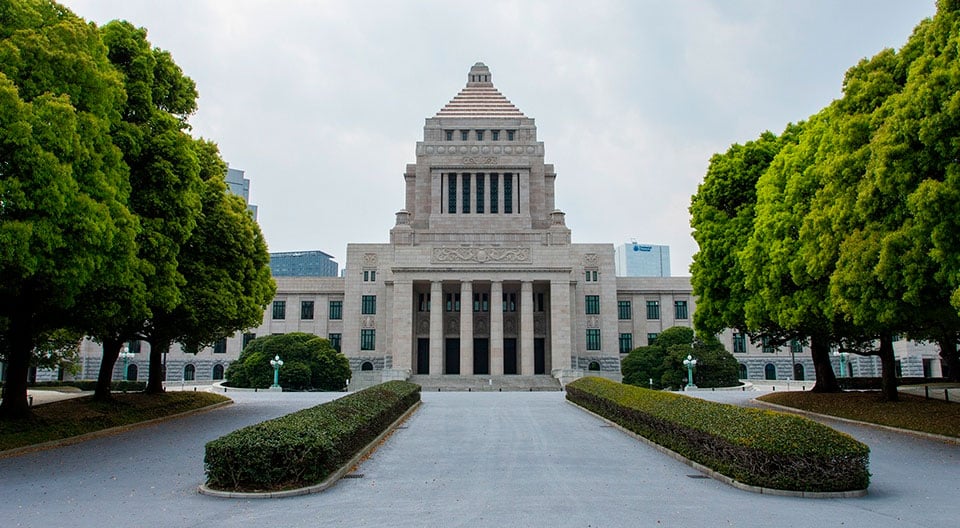※Translated with Notion AI. (Plus version)
While not to the same extent as MLB, the salaries of Japanese NPB players have risen significantly in recent years.
Initially, this increase started with attracting players by offering high “signing bonuses.”
In fact, the signing bonuses for professional baseball players are “taxed less.”
According to Japanese tax law, the signing bonuses for professional baseball players are considered “occasional income.”
However, since that alone has begun to lose effectiveness in attracting people to become professional baseball players, salaries have started to gradually increase.
Compared to my active years, the recent rise in professional baseball players’ salaries has reached an enviable level.

That said, considering that the average salary in Japan is USD 269,500 and in the United States it is USD 3.5million, the players’ association asserts that the salaries of NPB players in Japan are still too low.
If this trend continues, there are concerns that “star players will increasingly move to the MLB.”
On the other hand, from the management perspective, there are also strong sentiments that “we have finally reached a point where all teams are making a positive profit individually, but we can’t withstand any more salary increases.”
Both arguments are valid and realistic.
However, with the current system, it is challenging to significantly improve either opinion.
This is because we have integrated parts of the American system into the traditional Japanese way of thinking, leading to some inconsistencies.
What would happen if we quickly implemented the reduction of the Japan-US disparity?
The answer is simple.
“Not even 12 teams, only 6 teams would survive.”

Since it is Sunday, today I would like to discuss “my idea for reviving the popularity of Japanese professional baseball.”







